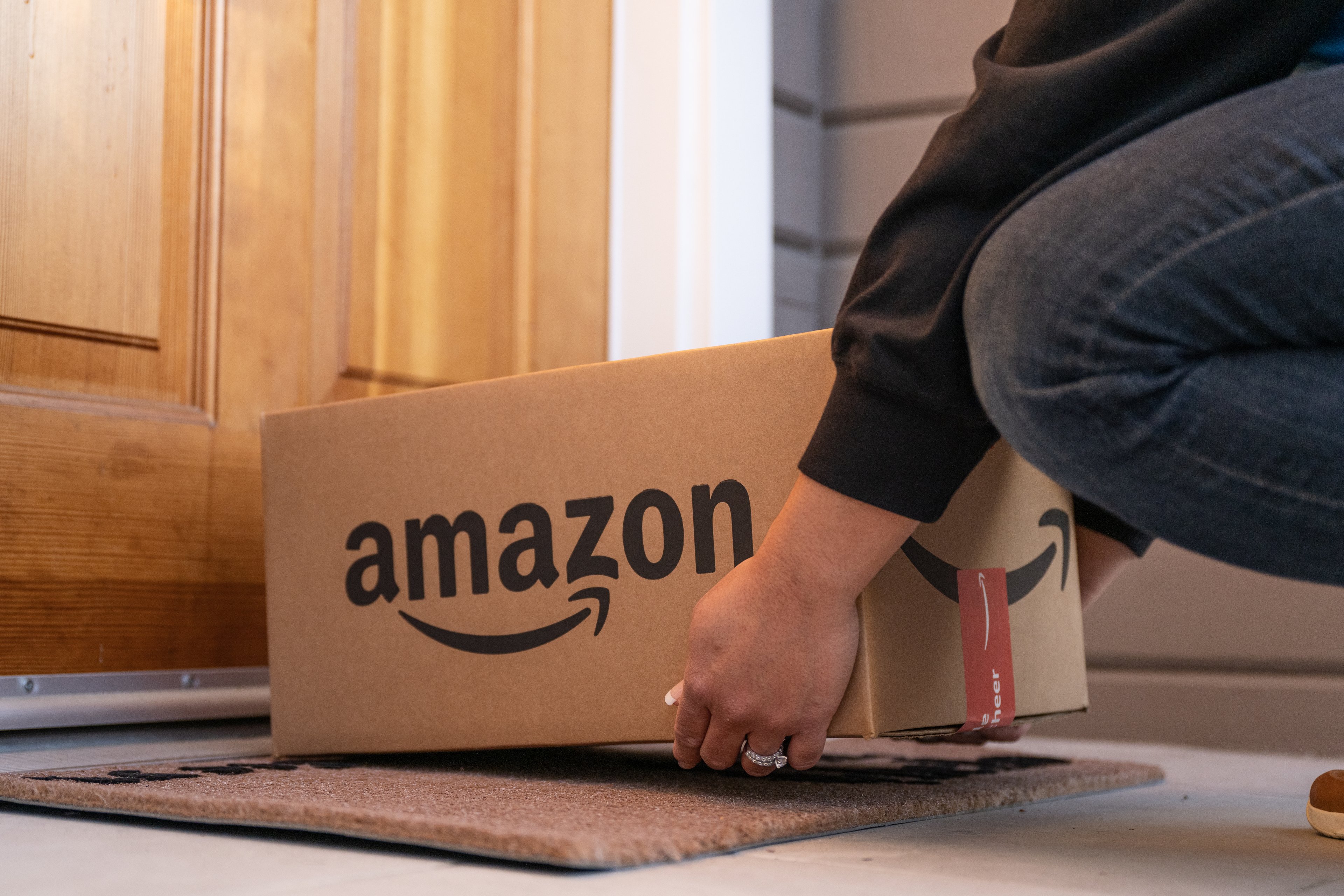The debut of Disney+ is just a couple of months away, and word is the streaming service will launch with a catalog less than a fifth the size of Netflix's (NFLX 3.36%). It also will carry a smaller, $6.99 monthly price tag, and will be supported by all the major streaming platforms -- with one glaring exception.
At launch, Disney's (DIS 0.07%) service won't be available on Amazon's (AMZN 1.79%) Fire TV. Despite being one of the two dominant platforms in the streaming player market -- the other is Roku's (ROKU 2.39%) eponymous platform -- Fire TV is getting the cold shoulder in the biggest new video-on-demand launch since Hulu.

Image source: Getty Images.
No accident
It's not unusual for streaming services to launch with incomplete platform support, but they typically start with at least support from both Roku and Fire TV. When there are exceptions, it's usually a reflection of a rivalry: For instance, Alphabet's (GOOG 1.22%) (GOOGL 1.12%) YouTube TV wasn't available on Amazon's Fire TV until July -- more than a year after it debuted -- but that's to be expected given the feud between the tech giants.
Could the Fire TV issue just be an unfortunate miscue related to the Disney+ development schedule? Unlikely. Disney+ will work on Android and Android TV at launch, and Fire TV is built on Android. Indeed, the platforms are so similar that users can upload Android apps to Fire TV as .apk files and run them in developer mode. (They don't always work perfectly, given the lack of a touch screen, but they do load.) And Amazon directly tells developers that they can put the same exact apps in the Amazon Appstore and the Google Play Store.
It's hard to see Disney+ launching with an app for Android TV but without one for the more-popular Fire TV as anything other than intentional.
Here's to you, Roku
Disney doesn't own a major streaming platform like Roku or Fire TV, but it is about to launch a competitor to Amazon Prime Video, and Amazon is aggressive about prominently surfacing its own content on its Fire TV platform.
On Fire TV, Amazon content -- including movies to rent, titles from a user's library, and videos that are free with Prime -- occupy spaces on sliding menus within tabs. Meanwhile, entire apps -- like Netflix's or Hulu's -- get individual icons no larger than the icons that are given to each Amazon title.
By contrast, Roku's platform is more agnostic. Its home screen shows a grid of icons -- one per app (or "channel," as Roku calls its apps) -- so Disney+ will be on equal footing with Amazon Video. If access to Disney+ can help tip the scales in Roku's favor -- at Amazon's expense -- that would presumably be just fine with Disney.
Platform wars
Disney's app will appear on Roku and other platforms when it launches in November, but what "platforms" really are is a question that's becoming murkier by the day. Roku and Fire TV are platforms in the sense that they play host to apps. They monetize their platforms by selling ads, acting as middlemen for subscription transactions, and (in Amazon's case especially) pushing their own video offerings. These sorts of platforms are effectively operating systems for entertainment devices. Apple TV is this sort of platform, too.
But Apple also owns the TV app, which is another sort of platform or "hub." The TV app plays host to content from multiple sources and aggregates them all for the user's convenience -- and in order to sell subscriptions to the premium sources of some of that content, of course.
Amazon blurs the line between types of platforms the most. Amazon Channels is an app-style platform: Subscribe to Showtime through Amazon, for instance, and you'll find your Showtime content within the Amazon Video app. But, of course, there is no Amazon Video app on Fire TV, where Amazon's offerings take over main menus. Fire TV users can sign up for those channels on Fire TV, however, making Amazon's role as a hub something like a combination of an operating system-style platform and an app-style one.
Disney doesn't yet have a platform or hub on this scale, but it may have the makings of one. Subscribers to Hulu, which Disney controls, can add HBO to their subscriptions and browse HBO content within the Hulu app. The money goes through Disney's hands on its way to HBO. It's not quite Amazon Channels yet, but if it's ever going to be, it can't hurt to take a shot at Fire TV now.
In all likelihood, Fire TV support for Disney+ will be added at some point after launch, but even a relatively short delay is best read as intentional on Disney's part. Disney clearly has its reasons for wanting to keep Fire TV out of its launch day celebration.







